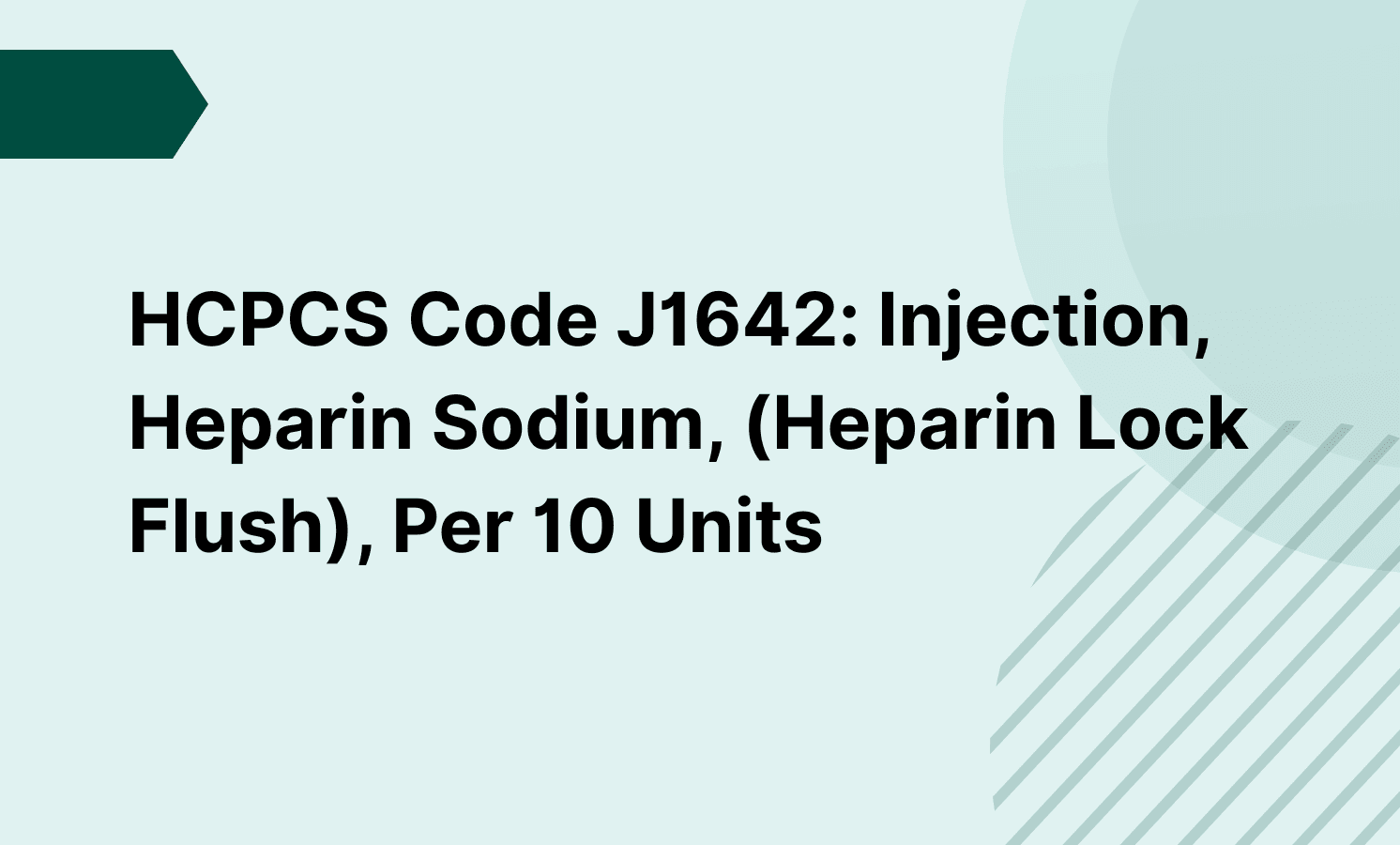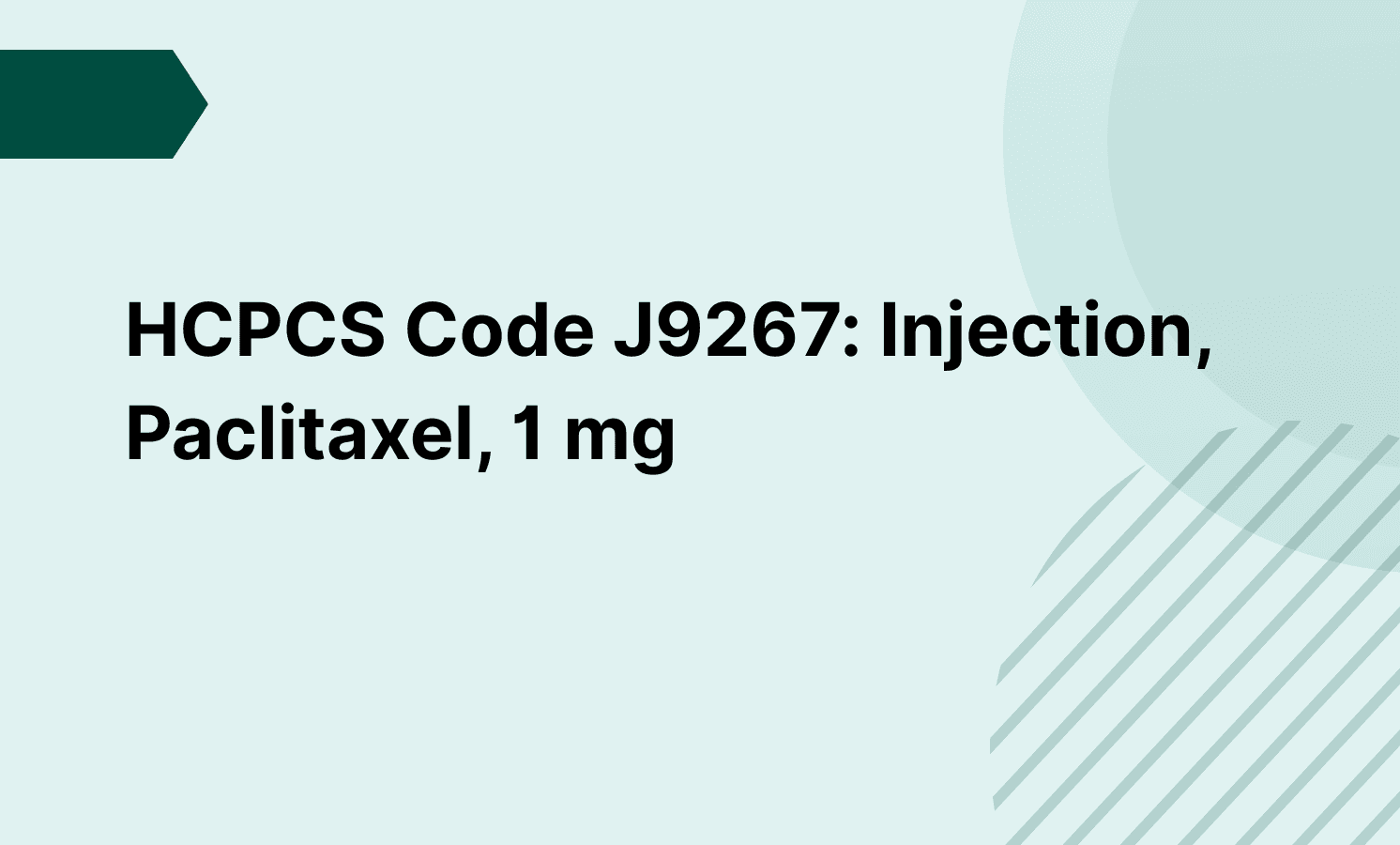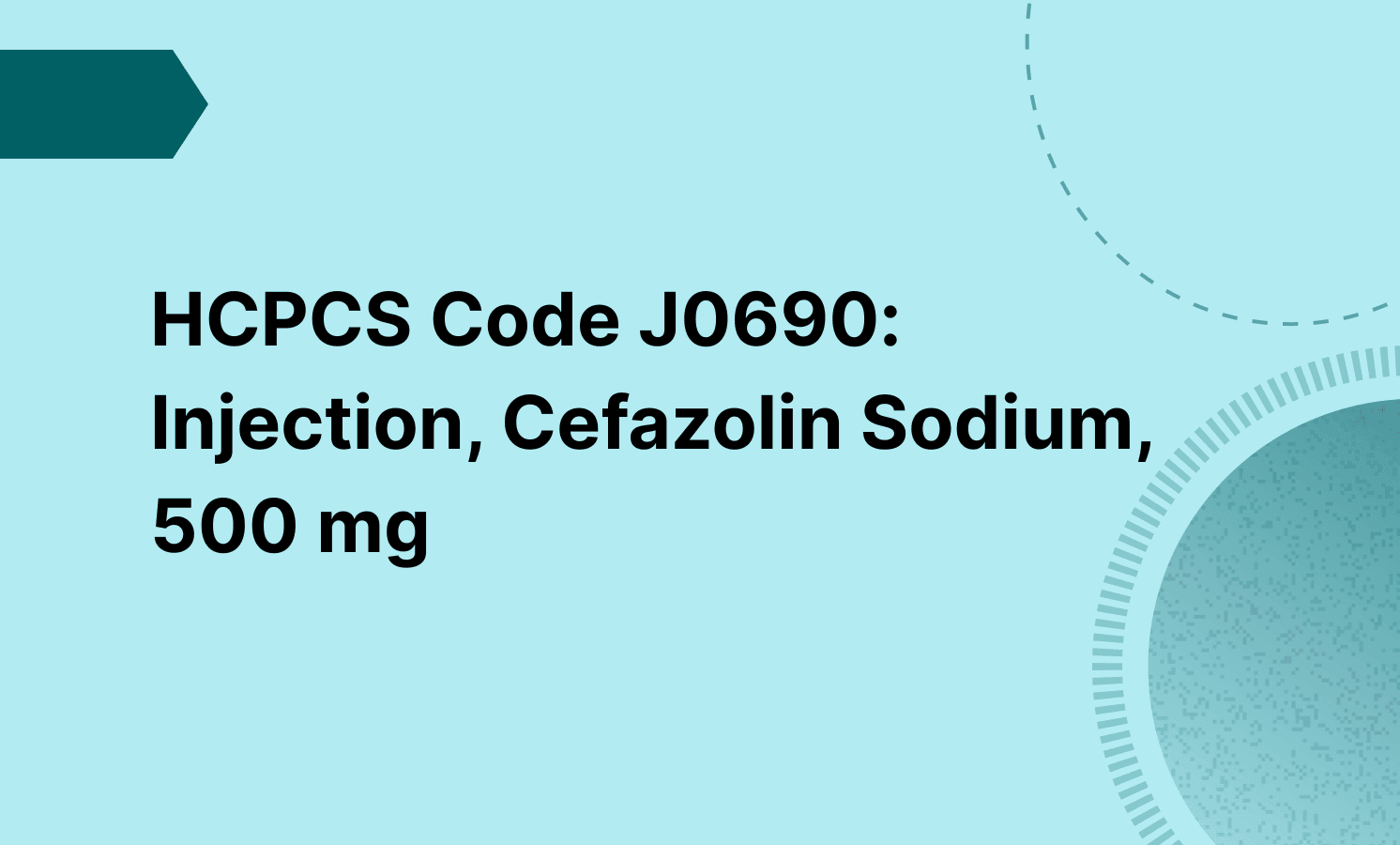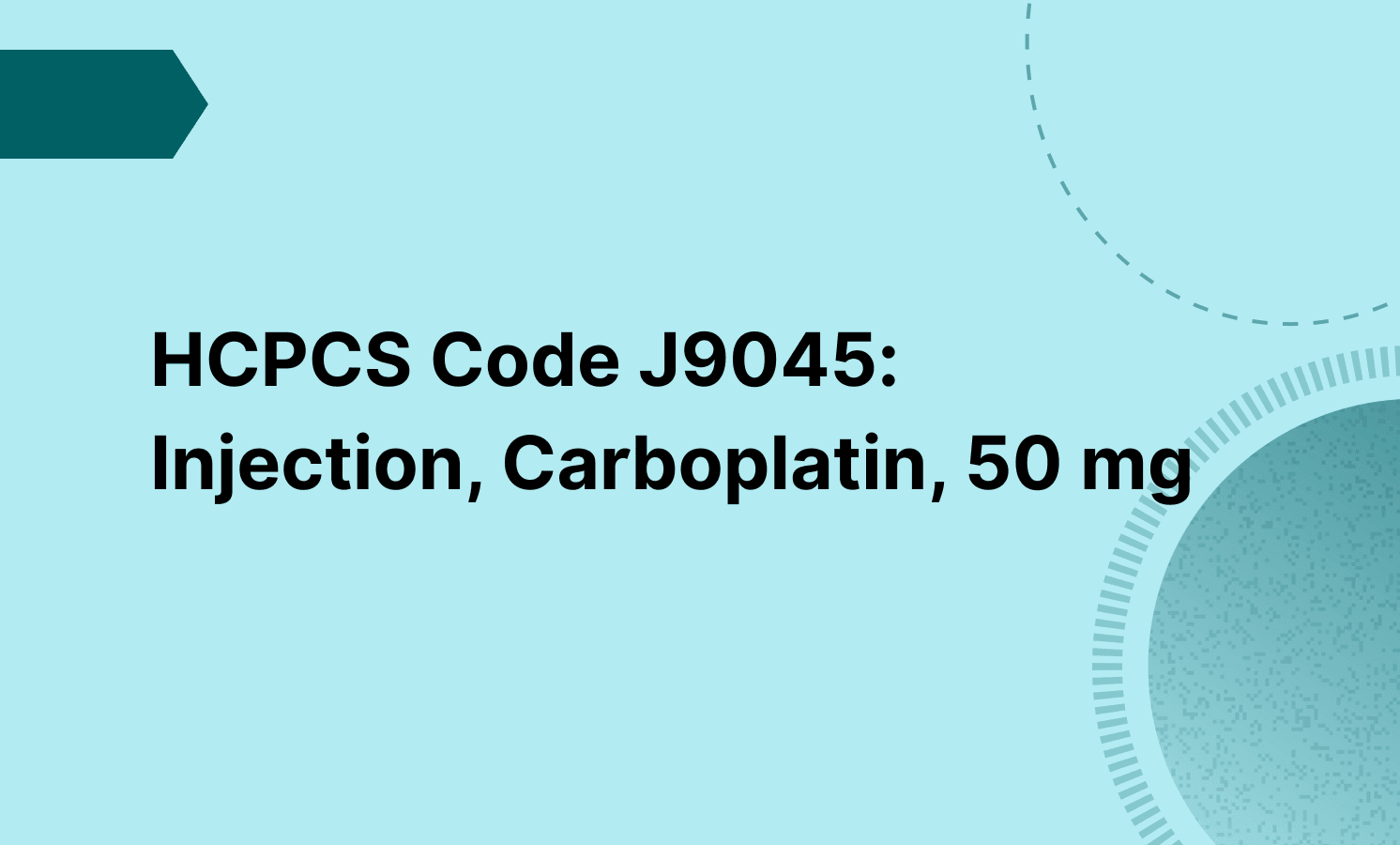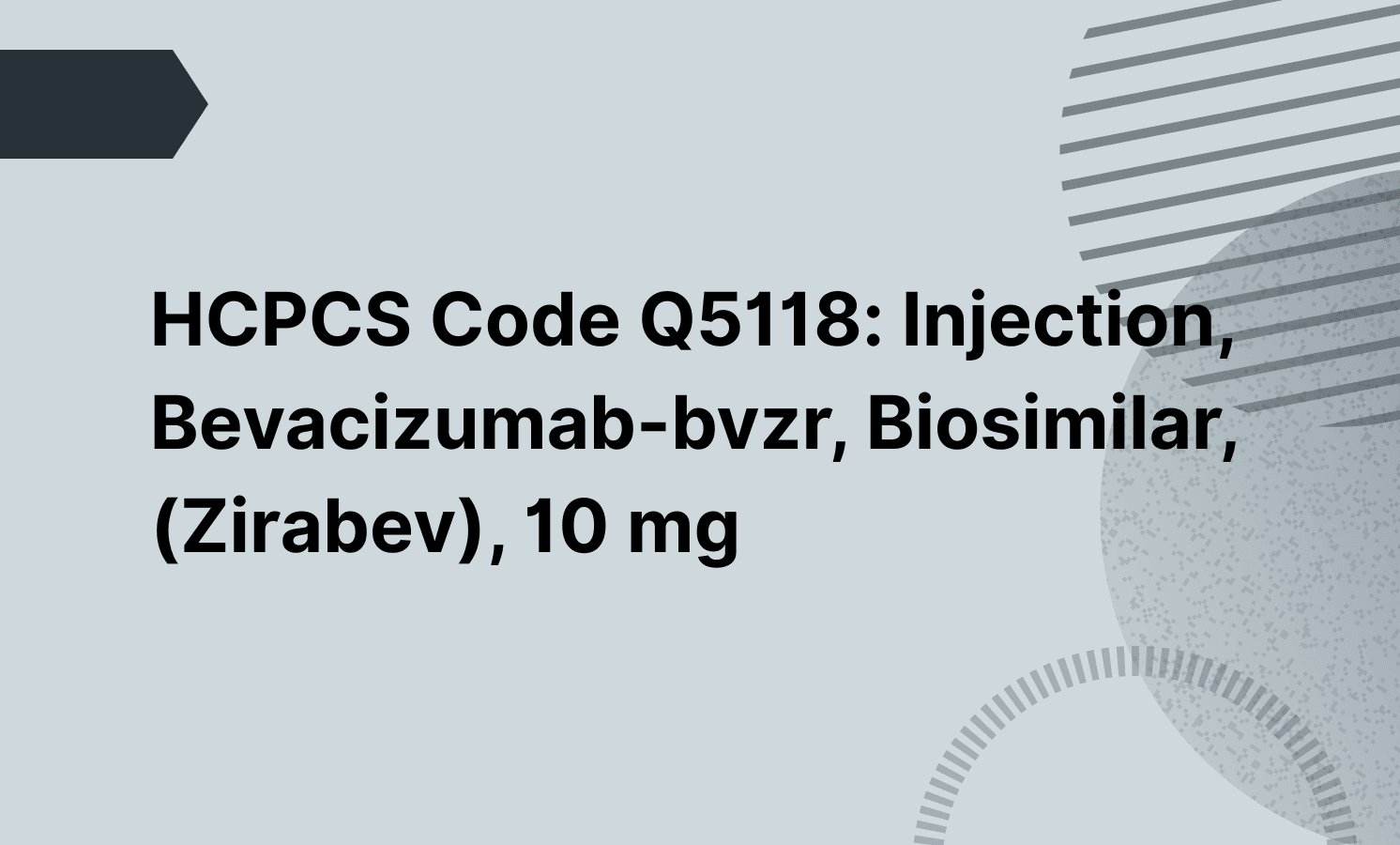You should only use it if you conducted a procedure not covered by an existing CPT code.
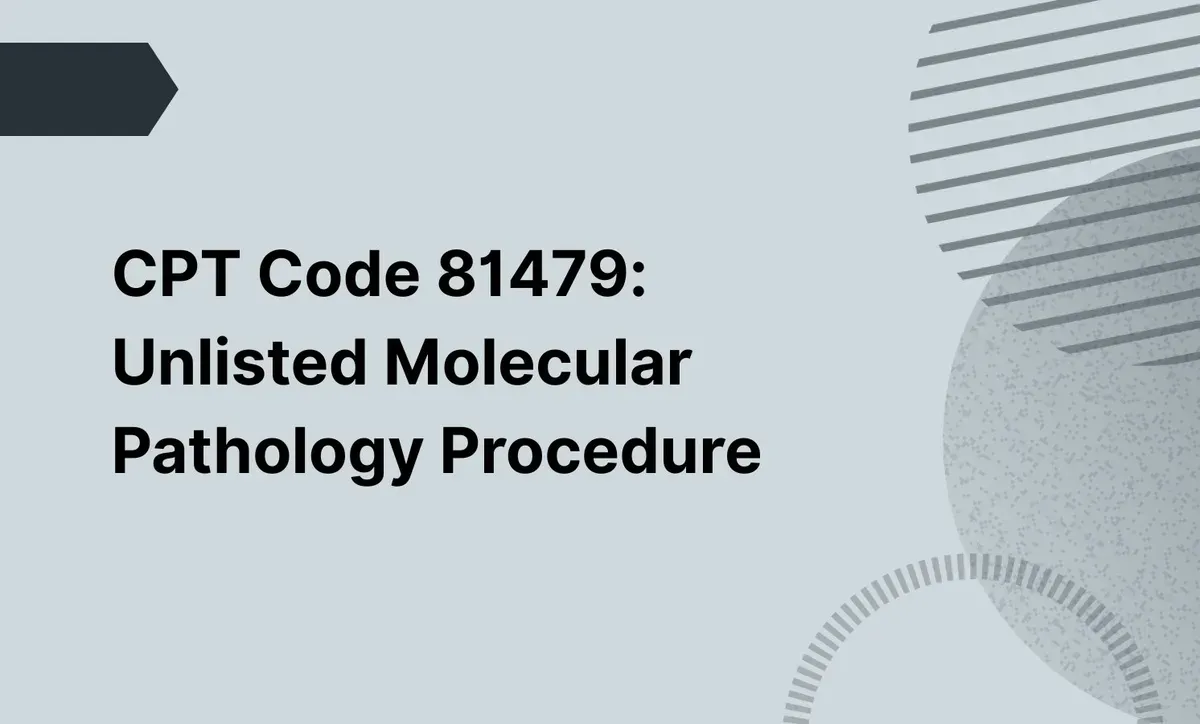
CPT Code 81479: Unlisted Molecular Pathology Procedure
Read this guide to learn about the CPT code 81479 for unlisted molecular pathology procedures.
Use Code
Frequently asked questions
No. Only one test is allowed per report/billing.
A molecular pathology procedure is a lab test that analyzes DNA, RNA, or proteins to detect genetic changes linked to disease.
EHR and practice management software
Get started for free
*No credit card required
Free
$0/usd
Unlimited clients
Telehealth
1GB of storage
Client portal text
Automated billing and online payments

